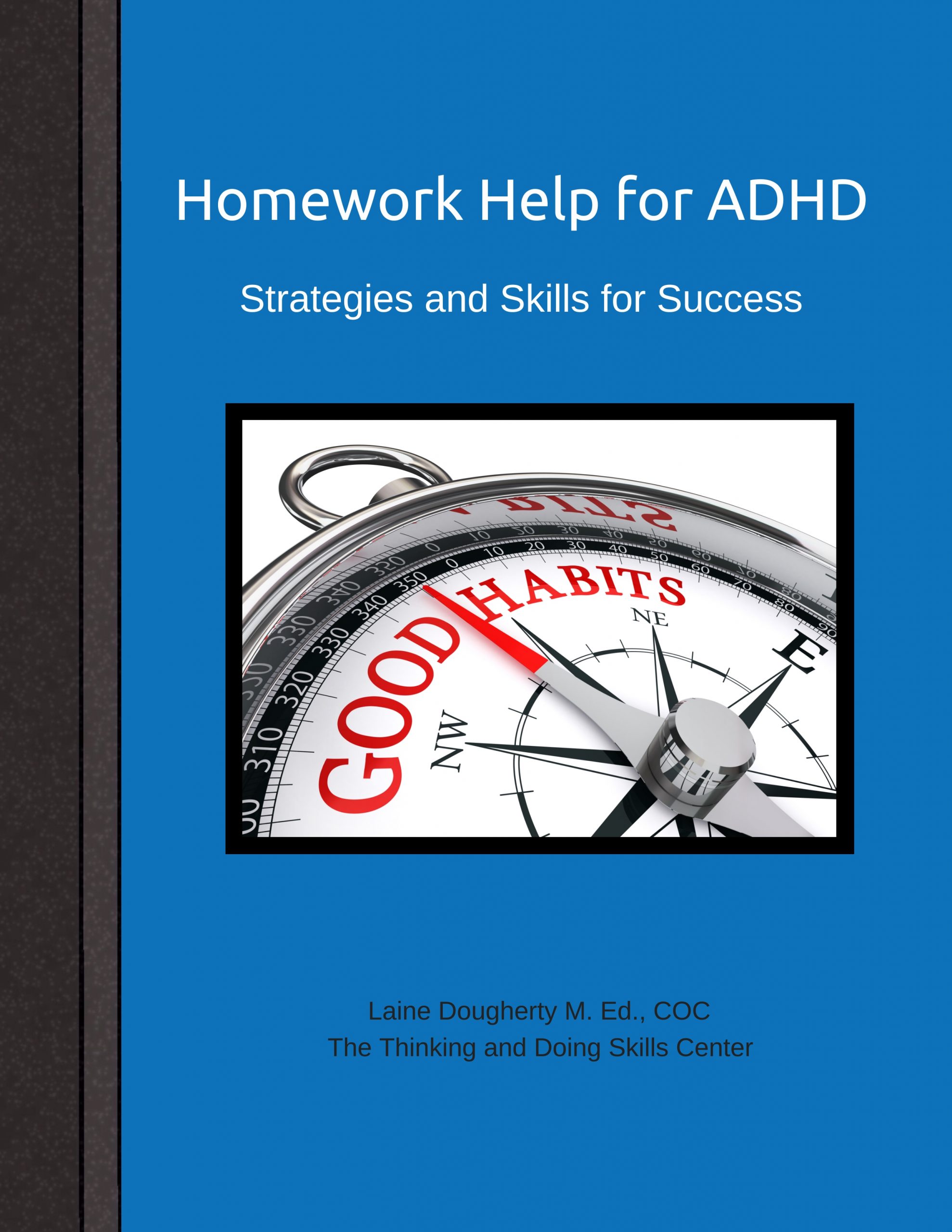 AD/HD can effect both children and adults. The true challenge is the amount of impact that it has on someone’s ability to handle life’s responsibilities and that is important to be aware of. The impact may be interfering at home, work, school, or in social situations. Often it is the executive functioning skills (or central control of the brain) that interferes with a person’s ability to focus, organize, plan, keep emotions under control and/or accomplish tasks.
AD/HD can effect both children and adults. The true challenge is the amount of impact that it has on someone’s ability to handle life’s responsibilities and that is important to be aware of. The impact may be interfering at home, work, school, or in social situations. Often it is the executive functioning skills (or central control of the brain) that interferes with a person’s ability to focus, organize, plan, keep emotions under control and/or accomplish tasks.
Executive functions skills are defined as:
The executive functions are a set of processes that all have to do with managing oneself and one’s resources in order to achieve a goal. It is an umbrella term for the neurologically-based skills involving mental control and self-regulation. Taken from:Joyce Cooper-Kahn and Laurie Dietzel (2008) http://www.ldonline.org/article/29122/
Here are just three of the top executive functioning skills and strategies to help handle them. The links are to blog posts I wrote with more information.
1. Task Initiation – or Getting Started
- Declutter your work space, set up materials you use often in easily accessible places.
- Get help understanding what is expected (call a friend or coworker).
- Break it down into smaller pieces and pick one piece to start.
- Visual timers, alarms, and phone reminders all serve to designate a start time if you use them.
- Start with the easiest to build momentum.
2. Memory – often called working memory or the ability to hold onto information while using it.
- Write it down! Use a planner, smartphone app (Google Calendar, Color note,Evernote, Remember the Milk, Hiveminder, etc.), or notepad to keep track
- Repeat out loud what you want to remember
- Simplify and slow down. (Multitasking reduces your IQ by 10-20 points, so use your full capacity)
- Visualize the “end” – what will it look like when I am done/ready?
- Cut out distractions and focus on the task at hand
3. Action – Inconsistent ability to take action doesn’t occur alone, it often involves other executive functions like, organization, planning, working memory, task initiation, self-regulation, focus and time management. So rather than it being one simple cause, it is often a combination of things that is getting in the way.
- Make a “must do” list that only includes the top two or three things you must get to
- Start with the most interesting task first
- Set false deadlines for yourself or be accountable to someone else for completion
- “Suffer” through five minutes – it may motivate enough to keep going
- Exercise or do something active to increase the dopamine in the brain before beginning (snacks and water help too)
If executive functioning challenges are making it difficult for you or your child to accomplish things then try the above suggestions. Don’t give up too quickly though as it often takes more than the standard 21 days to create a new habit. If you are still looking for some help, contact us for information on our private and group classes. You can also find out more information on the National Resource Center on ADHD website.








 5. Plan tomorrow – what will you wear, what will you eat, what do you need to take with you and what one thing can you do either on your way home or during your lunch that will make you feel good?
5. Plan tomorrow – what will you wear, what will you eat, what do you need to take with you and what one thing can you do either on your way home or during your lunch that will make you feel good?





 March usually marks the middle of the third term of the school year. For some children the winter months are the most challenging. With shorter days and cold, sometimes snowy weather, they are less able to get outside and burn off their extra energy. This makes it difficult for them to “settle down” and get working on their homework.
March usually marks the middle of the third term of the school year. For some children the winter months are the most challenging. With shorter days and cold, sometimes snowy weather, they are less able to get outside and burn off their extra energy. This makes it difficult for them to “settle down” and get working on their homework.